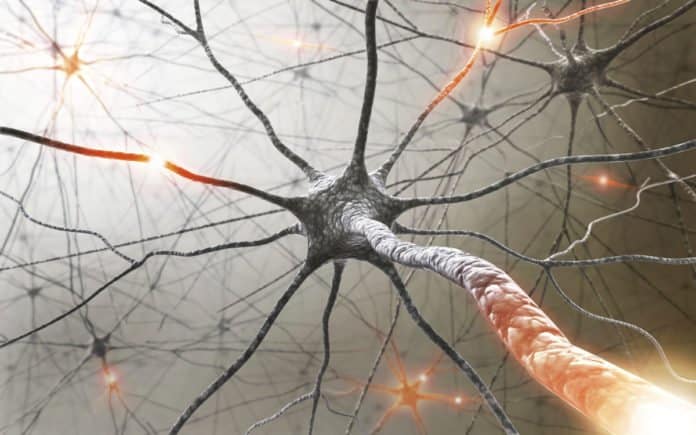Study Offers First Insights into Factors Behind Multiple Sclerosis
Multiple sclerosis, which affects 1 in 1,000 individuals, is often characterised by relapses related to varying operational impairments including among others eyesight issues, impairment of locomotor works or problems with language.
There’s still no treatment for multiple sclerosis, together with present treatments largely predicated on managing symptoms, particularly hastening recovery phases after a relapse and diminishing the quantity and severity of relapses.
Researchers in the University of Geneva have now identified that a DNA-binding variable named TOX that may play a part in activating multiple sclerosis.
“We decided to analyse the infectious factors by studying the auto-immune reactions provoked by different pathogens,” explains Doron Merkler, Professor in the Pathology and Immunology Department in UNIGE’s Faculty of Medicine and in the HUG Clinical Pathology Department. “This was to try to pinpoint an element that might influence the development of multiple sclerosis where there has been an infection”.
The team had used two pathogens – one being viral and another bacterial – in order to study the immune system of healthy mice. It was only the mice infected with the viral pathogen, however, that developed a brain disease similar to Multiple Sclerosis, the
scientists observed. Through the means of removing TOX from the healthy mice given the viral pathogen, the team found they did not develop the disease.“We saw a quantitatively identical immune reaction from the lymphocytes called CD8+ T,” says Nicolas Page, a researcher in UNIGE’s Pathology and Immunology Department. “However, only the mouse infected with the viral pathogen developed an inflammatory brain disease reminiscent to Multiple Sclerosis. We found that the inflammation environment influences the expression of TOX in T lymphocytes, and that it could play a role in triggering the illness.”
What, then, is the role of TOX in setting off multiple sclerosis? “Our brains have a limited regenerative capacity,” says Merkler, “which is why they have to protect themselves against the body’s immune reactions, which can destroy its cells by wanting to fight the virus, creating irreversible damage. The brain then sets up barriers that block the passage of T lymphocytes.”
However, by the means of altering the expression of some of the receptors on the surface of the CD8+ T lymphocytes that are the known cultprits behind receiving the blocking signals sent by the brain, TOX enables the cells to cross the checkpoints and attack the brain cells.






























